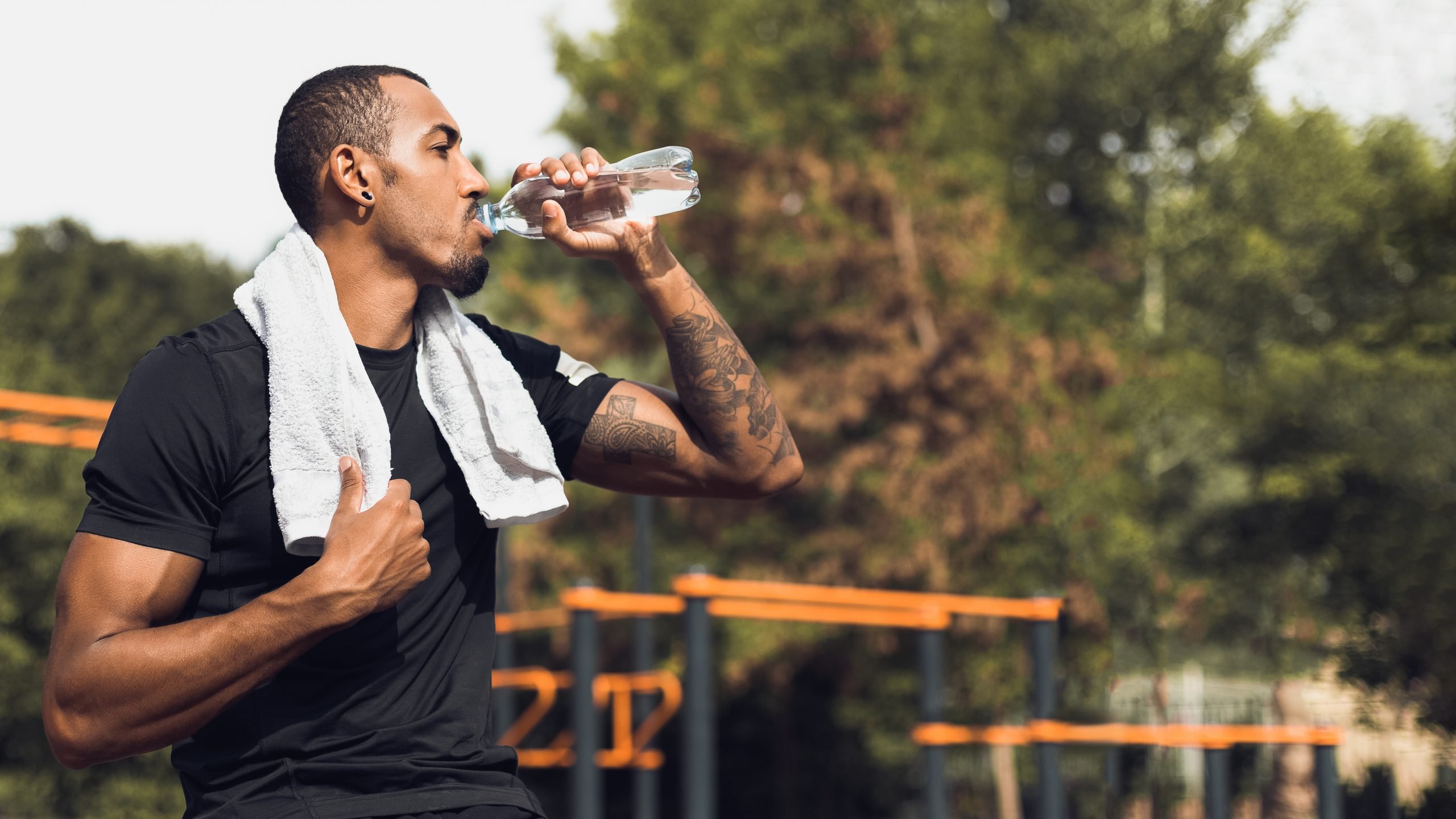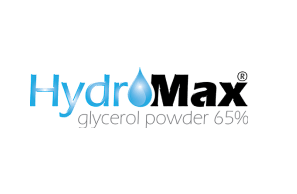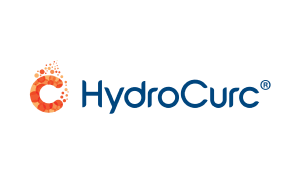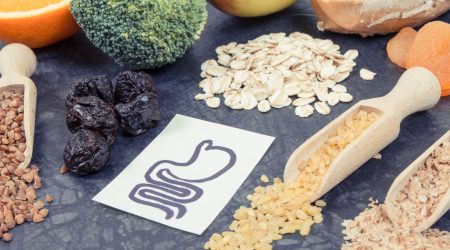Capsimax® is a patented form of capsaicin, which is the compound that gives chili peppers their heat. If you’ve ever...

HYDRATION
HYDRATION
Hydration is the state of having enough water in your body which helps maintain a healthy weight, improve your skin, and boost your energy levels.
Synonyms
Ingredients
Specialty
Ingredients
Specialty Ingredients
Goal OVERVIEW
Hydration means maintaining sufficient water levels in the body to support essential functions. Adequate hydration is crucial for cell function, regulating body temperature, digestion, circulation, joint health, skin vitality, and exercise performance. Hydration also aids kidney function and prevents dehydration-related issues such as headaches, dizziness, and urinary tract infections. Regular water intake, adjusted based on factors like age and activity, is essential to prevent dehydration and support overall health. Monitoring urine color and responding to thirst cues are reliable indicators of hydration status.
What You Should Know
Staying properly hydrated is more than just plain water – it’s about understanding the essential ingredients that keep your body in balance. Electrolytes like sodium, potassium, and magnesium are key players, aiding in nerve function, muscle contractions, and fluid balance. Hydration supplements often contain these electrolytes to replenish what’s lost during intense activities or excessive sweating. Additionally, look for beverages with added vitamins, like B-complex vitamins, which support energy metabolism. While these supplements can be beneficial, it’s crucial to strike a balance and not overdo it.
FOOD FOR THOUGHT
Think of hydration as the superhero that keeps our bodies running smoothly. It’s not just about drinking when you’re thirsty—hydration is the unsung hero behind essential functions like digestion, skin health, and even how well we move. Imagine it as the conductor of an orchestra, making sure every instrument plays in harmony. By sipping enough water regularly, tailored to factors like age and activity, we’re preventing issues like headaches and helping our bodies function at their best. Pay attention to things like the color of your pee and your body’s thirst signals—they’re like your body’s way of saying, “Keep the hydration coming for a healthy symphony!”

SHAGANDHA® BY SABINSA
Shagandha® is a standardized powdered extract from the roots of Withania somnifera, commonly known as ashwagandha. Shagandha® offers various health benefits, including reducing stress, anxiety, and insomnia while improving cognitive function, reducing inflammation, and boosting the immune system. It is available in capsules, powders, and teas and is often used in herbal mixtures. Considered to be a breakthrough Adaptogenic.
Sponsored Content
FAQ
Determining how much water to drink daily involves considering factors like age, sex, activity level, climate, and overall health. While the commonly recommended 8×8 rule is a general guideline, the National Academies of Sciences, Engineering, and Medicine suggest about 3.7 liters (125 ounces) for men and 2.7 liters (91 ounces) for women daily, including all fluids from beverages and food.
Physical activity, hot and humid climate, and body size can increase your hydration needs. Additionally, pregnancy and breastfeeding require specific adjustments. Your body’s natural thirst signals and urine color can also guide your hydration, with light yellow indicating proper hydration. Besides plain water, other hydrating beverages and foods like herbal tea, fruits, and vegetables contribute to fluid intake.
However, excessive water consumption can lead to hyponatremia (intoxication), disrupting the body’s electrolyte balance. It’s essential to listen to your body’s cues and consult a healthcare professional for personalized guidance. Drinking water based on individual needs and circumstances fosters optimal health and well-being.
Dehydration occurs when your body loses more fluids than it takes in, leading to an imbalance in fluid levels. Recognizing the signs and symptoms of dehydration is important so you can take prompt action to rehydrate. The severity of symptoms can vary depending on the degree of dehydration.
Here are common signs and symptoms of dehydration:
1. Thirst:
- Thirst is one of the earliest signs of dehydration. It’s your body’s way of signaling that it needs more fluids.
2. Dark Yellow Urine:
- Dark yellow or amber-colored urine is a sign of concentrated urine and suggests dehydration. Ideally, your urine should be pale yellow or straw-colored.
3. Decreased Urination:
- If you’re not urinating as frequently as usual or your urine output is significantly reduced, it may indicate dehydration.
4. Dry Mouth and Dry Skin:
- Dry mouth, cracked lips, and dry skin are common signs of dehydration. Your body isn’t producing enough saliva or natural skin oils.
5. Fatigue and Weakness:
- Dehydration can lead to decreased energy levels, fatigue, and feelings of weakness.
6. Dizziness or Lightheadedness:
- A drop in blood volume due to dehydration can cause dizziness or lightheadedness, especially when standing up quickly.
7. Headache:
- Dehydration can trigger headaches or make existing headaches worse.
8. Rapid Heartbeat:
- Dehydration can cause your heart rate to increase as your body tries to compensate for reduced blood volume.
9. Sunken Eyes:
- In severe cases of dehydration, the eyes may appear sunken or hollow.
10. Confusion and Irritability:
- Dehydration can affect cognitive function, leading to confusion, difficulty concentrating, and irritability.
11. Dry or Cool Skin:
- Dehydrated skin may feel cool to the touch and lack elasticity.
12. Muscle Cramps:
- Dehydration can lead to electrolyte imbalances, which may cause muscle cramps or spasms.
13. Fainting:
- Severe dehydration can lead to a drop in blood pressure and may result in fainting or loss of consciousness.
It’s important to address dehydration promptly to avoid complications. If you’re experiencing mild dehydration, drinking water or oral rehydration solutions can help. For more severe cases of dehydration, especially if you cannot drink fluids or if symptoms persist, seek medical attention.
Preventing dehydration is critical. Drink water regularly, especially when it’s hot, or you’re engaged in physical activity. Pay attention to your body’s signals and increase your fluid intake if you notice any signs of dehydration.
Staying hydrated is essential for overall health and well-being. To maintain proper hydration, consider incorporating these strategies into your daily routine:
1. Drink Water Regularly:
- Sip water throughout the day rather than waiting until you’re thirsty. By the time you feel thirsty, you might already be mildly dehydrated.
2. Carry a Reusable Water Bottle:
- Keep a reusable water bottle with you at all times. This makes it easier to drink water consistently throughout the day.
3. Set Reminders:
- Set alarms or reminders on your phone to prompt you to take sips of water at regular intervals.
4. Hydrate Before and After Exercise:
- Drink water before, during, and after physical activity to replace fluids lost through sweat.
5. Listen to Your Body:
- Pay attention to your body’s signals of thirst. If you’re feeling thirsty, it’s time to hydrate.
6. Choose Hydrating Foods:
- Consume foods with high water content, such as fruits (watermelon, cucumber, oranges), vegetables (lettuce, celery, bell peppers), and broth-based soups.
7. Limit Dehydrating Beverages:
- Minimize consumption of caffeinated beverages (coffee, tea, soda) and alcohol, as they can contribute to dehydration.
8. Stay Hydrated in Hot Weather:
- Increase your fluid intake in hot and humid weather, as you’ll lose more fluids through sweat.
9. Hydrate During Illness:
- Your body may lose fluids if you’re experiencing fever, vomiting, or diarrhea. Stay hydrated with clear fluids like water, herbal tea, or oral rehydration solutions.
10. Choose Electrolyte-Rich Drinks:
- If you’re engaged in intense physical activity or sweating excessively, consider drinks that provide electrolytes to help replace lost minerals.
11. Make Hydration Enjoyable:
- Infuse your water with slices of fruits or herbs to add natural flavor and make it more appealing.
12. Create a Hydration Habit:
- Develop a routine of drinking water at specific times, such as upon waking, before meals, and before bed.
13. Monitor Urine Color:
- Check the color of your urine as a general indicator of hydration. Pale yellow or straw-colored urine suggests proper hydration.
14. Avoid Extreme Temperatures:
- Your body’s fluid needs may change in very cold or hot environments. Be mindful of temperature extremes.
15. Pregnancy and Breastfeeding:
- If you’re pregnant or breastfeeding, you’ll need extra fluids. Consult your healthcare provider for personalized recommendations.
Remember that individual hydration needs vary based on age, sex, activity level, and climate. It’s best to listen to your body’s cues and establish a consistent hydration routine that works for you. If you’re unsure about your hydration needs, consulting a healthcare professional can provide personalized guidance.
Dehydration occurs when the body loses more fluids than it consumes, leading to various health risks and consequences. Physical impairment, including decreased performance and endurance, is an immediate concern.
In hot climates, dehydration raises the risk of severe heat-related illnesses. Other health issues may include kidney stones, urinary tract infections (UTIs), constipation, and cognitive impairment, such as memory problems and reduced alertness.
Dehydration can also trigger headaches, cause fatigue, and lead to skin problems like dryness and eczema. Electrolyte imbalances, increased heart rate, low blood pressure, digestive issues, and higher risk of falls are also potential concerns. During pregnancy, dehydration can result in complications like preterm labor and UTIs. Prevention involves regularly drinking water throughout the day, especially during physical activities, hot weather, or illness.
Medical intervention like intravenous (IV) fluids may be necessary for severe dehydration. Staying aware of the signs of dehydration and consulting healthcare professionals for guidance is essential for maintaining overall well-being and health.
While no supplements can directly replace the benefits of proper hydration from consuming water and other hydrating fluids, some supplements can support your overall hydration status by helping maintain electrolyte balance and supporting fluid retention. Electrolytes are minerals like sodium, potassium, chloride, and magnesium crucial in maintaining fluid balance and cellular function.
Here are some supplements that can support hydration:
1. Electrolyte Supplements:
- Electrolyte supplements contain a combination of minerals such as sodium, potassium, chloride, and magnesium. These minerals help regulate fluid balance and can be especially useful during intense physical activity or when you lose fluids through sweating.
2. Branched-Chain Amino Acids (BCAAs):
- BCAAs are amino acids (leucine, isoleucine, and valine) that can help support hydration by reducing the rate of fluid loss during exercise and promoting fluid retention in muscle cells.
3. Glycerol:
- Glycerol is a compound that can help increase fluid retention in the body, which may support hydration during physical activity in hot conditions.
4. Coconut Water:
- Coconut water is a natural source of electrolytes, particularly potassium. It can be a hydrating option, especially in situations where plain water may not be available.
5. Hyaluronic Acid:
- Hyaluronic acid is often used in skincare products, but it also has a role in maintaining hydration within cells and tissues throughout the body.
6. Magnesium Supplements:
- Magnesium is an essential mineral involved in electrolyte balance and muscle function. Adequate magnesium intake can help support hydration.
7. Vitamin C:
- Vitamin C supports collagen production, which can help maintain the health of connective tissues, including those involved in fluid retention.
8. Chloride:
- Chloride is an electrolyte that plays a role in fluid balance. It’s often present in electrolyte supplements.
It’s important to note that while these supplements can benefit hydration, they are not a substitute for drinking water and other hydrating fluids. Hydration supplements are most relevant when there is a risk of significant fluid loss, such as during intense physical activity, hot weather, or illness. Always consult a healthcare professional before adding supplements to your routine, as individual needs and health conditions vary.
Related Videos
Articles
DigeZyme® is a digestive enzymes supplement manufactured by Sabinsa Corporation. It is a blend of several different enzymes that are...
Caffeine is considered to be a psychoactive substance and can be addictive for some individuals. However, moderate caffeine consumption is...

















